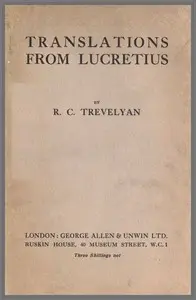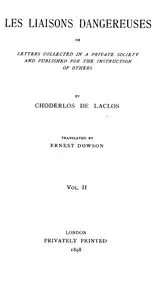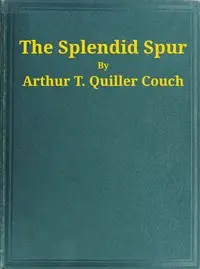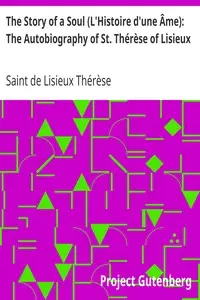"On the Nature of Things" by Titus Lucretius Carus is a philosophical treatise written during the late Roman Republic. The work delves into Epicurean philosophy, exploring the nature of the universe, the principles of atomism, and the mechanics of existence, advocating for a worldview grounded in naturalism and free from the burdens of religious superstition. The beginning of the text sets a tone of reverence towards the goddess Venus, positioning Nature as a guiding force. Lucretius introduces themes that will be further examined throughout the work, such as the eternal nature of atoms and the void, the origins of life, and the mechanics behind creation. He calls for an understanding of the natural world based on observable phenomena rather than divine intervention or religious fear, suggesting that the universe is governed by material laws and the interactions of atomic particles. The prologue serves both as an appeal for divine inspiration in his poetic undertaking and as a prelude to a systematic discussion surrounding the fundamental nature of reality, ultimately challenging traditional beliefs regarding gods and the afterlife. (This is an automatically generated summary.)
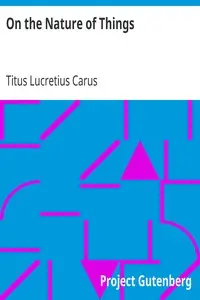
On the Nature of Things
By Titus Lucretius Carus
"On the Nature of Things" by Titus Lucretius Carus is a philosophical treatise written during the late Roman Republic. The work delves into Epicurean ...
Titus Lucretius Carus was a Roman poet and philosopher. His only known work is the philosophical poem De rerum natura, a didactic work about the tenets and philosophy of Epicureanism, which usually is translated into English as On the Nature of Things—and somewhat less often as On the Nature of the Universe. Very little is known about Lucretius's life; the only certainty is that he was either a friend or client of Gaius Memmius, to whom the poem was addressed and dedicated. De rerum natura was a considerable influence on the Augustan poets, particularly Virgil and Horace. The work was almost lost during the Middle Ages, but was rediscovered in 1417 in a monastery in Germany by Poggio Bracciolini and it played an important role both in the development of atomism and the efforts of various figures of the Enlightenment era to construct a new Christian humanism.


